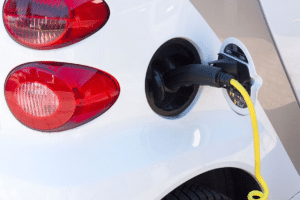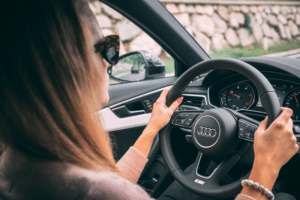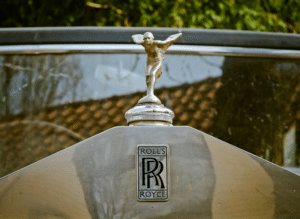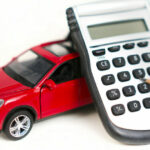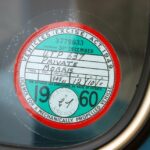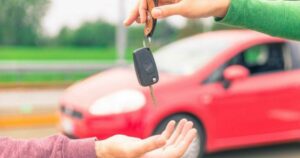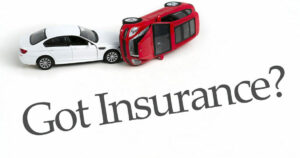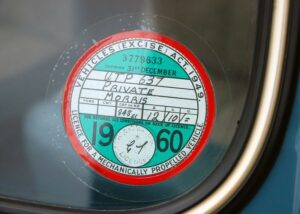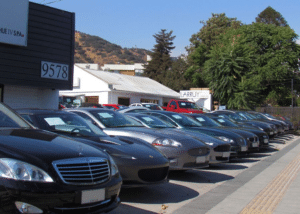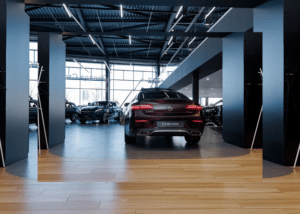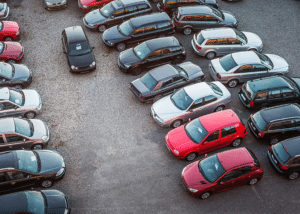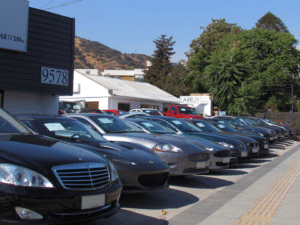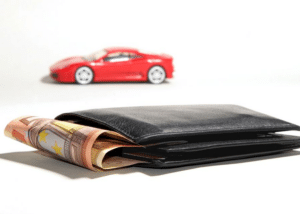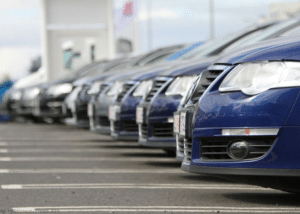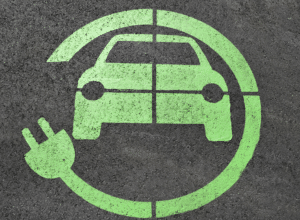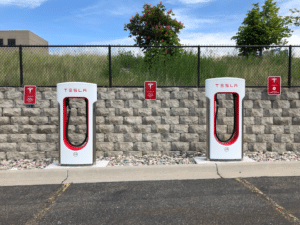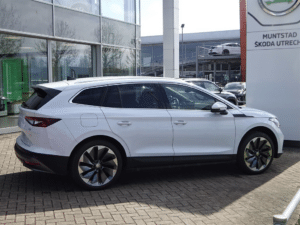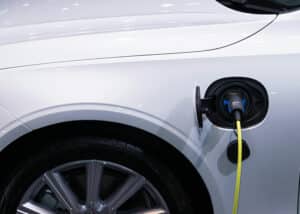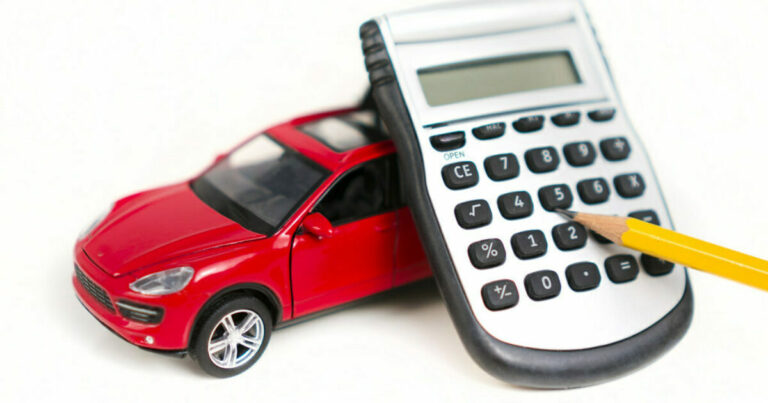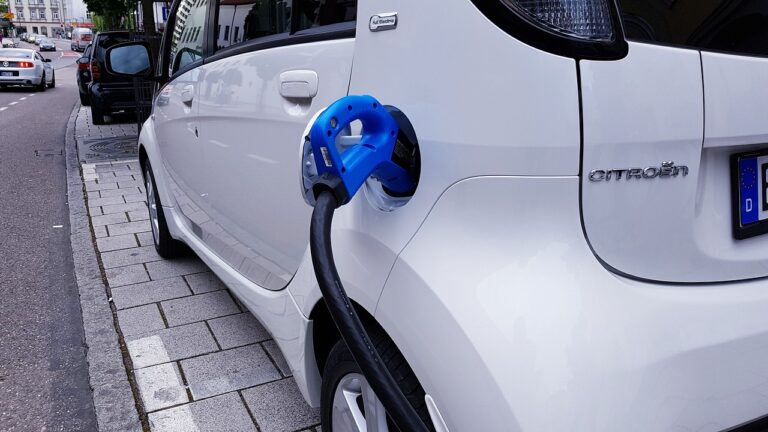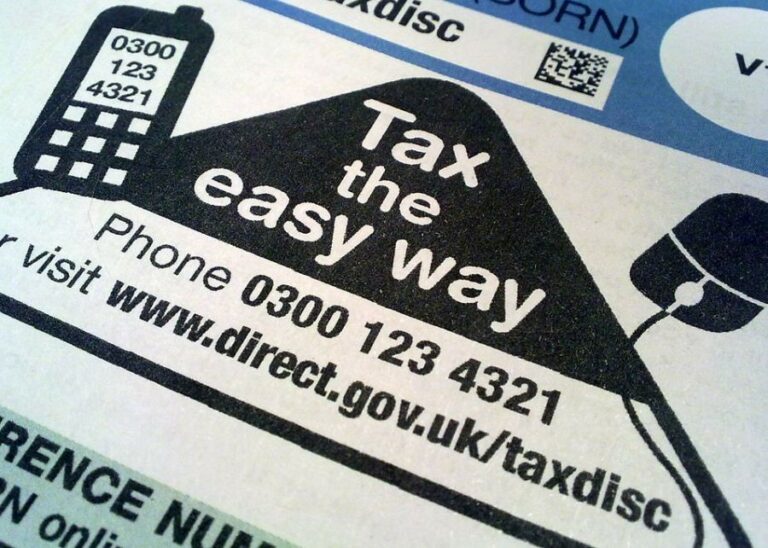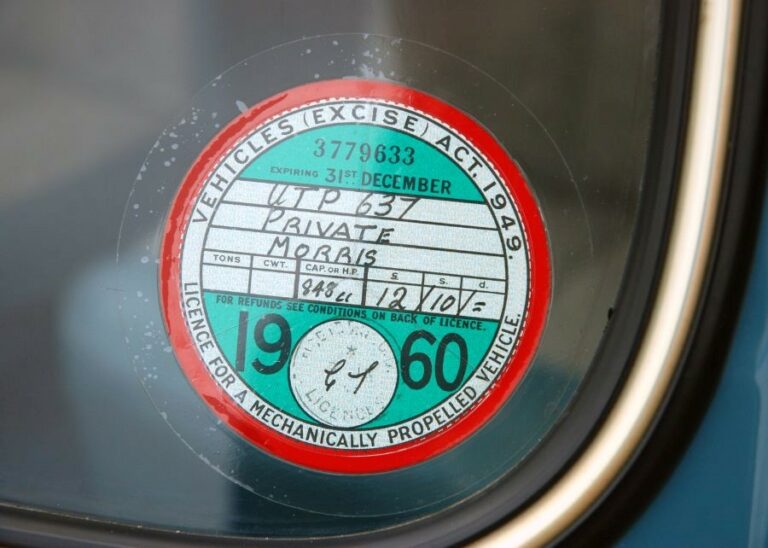Let’s answer the question we’re all here to find out: are dash cams worth buying?

What is a dash cam?
A dash cam, short for dashboard camera, is a small video camera that you attach to your car’s dashboard or windscreen. Its purpose is to continuously record the view of the road ahead (and sometimes behind) as you drive, says Parkers.
Here’s how it works:
- Mounting: You position the dash cam at the top of your windscreen, near the rear-view mirror. It captures footage while you drive.
- Power Source: The dash cam draws power from your car, either through a cable connected to a USB port, a 12-volt socket, or a permanently wired connection.
- Recording: When you start your car, the dash cam powers up and begins recording. It stores the footage on a memory card. To prevent filling up the card, dash cams use loop recording. They record short clips (usually several minutes long) and continuously overwrite older footage with new content.
- G-Force Sensor: According to Parkers, many dash cams have a G-force sensor that detects changes in acceleration. If there’s a significant change (like a collision or emergency stop), the camera automatically saves the recent footage. You can also manually trigger it to save relevant clips for later viewing or downloading.
- Additional Features: Dash cams may include features like:
- Parking Mode: Activates when your parked car is bumped, recording a short clip to capture the incident.
- Rear Camera: Some models have an additional camera for recording behind the car.
- App Support and Wi-Fi Connectivity: Allows you to manage footage via a smartphone app.
Having a dash cam can help to provide peace of mind, helps with insurance claims, and can even reduce your insurance premiums.
Why you should consider buying a dash cam?
These are just some of the reasons why you might want to consider investing in a dash cam:
- Clear Evidence in Accidents: No matter how cautious you are on the road, accidents can happen unexpectedly. Dash cams provide video and audio recordings of your driving journey. In case of an accident, this footage can serve as clear evidence to determine who is at fault. Say goodbye to the “he said, she said” dilemma, says Pass Me Fast.
- Encourages Better Driving: Similar to drivers on black box (telematics) insurance policies, having a dash cam can encourage safer driving habits. Knowing that your actions are being recorded may lead to more responsible behavior behind the wheel.
- Protection Against Fraud: Dash cams are effective in combating fraudulent “crash-for-cash” insurance claims. The captured footage can help identify what happened and who was at fault, potentially saving you from stress and hassle.
- Increased Popularity: Dash cams are on the rise. According to a survey by Aviva, one in four UK drivers currently use a dash cam, and three out of four believe others should do the same. The trend is only expected to grow.
- Emergency Services Locator: In case of breakdowns, dash cams can act as GPS trackers, helping emergency services locate you more efficiently, according to the AA.
- Potential Insurance Discounts: Some auto insurance companies offer discounts to dash cam owners. It’s worth checking with your insurer to see if you can save on premiums, says How to Geek.
Dash cams come in various types, including front view, front and rear view, and interior/exterior view. You can choose one that suits your needs and budget and stay safe out there!
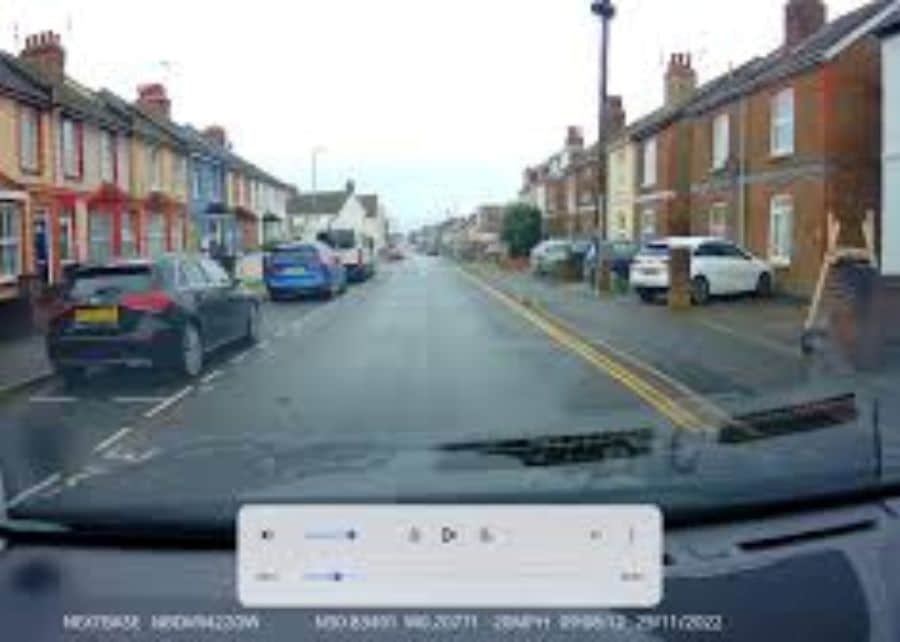
How much do dash cams cost?
The cost of dash cams can vary based on their features and quality.
Here are some approximate price ranges for different types of dash cams:
- Basic Dash Cams:
- These entry-level dash cams typically start at around £14.99.
- They offer basic recording capabilities and are suitable for everyday use.
- Mid-Range Dash Cams:
- Mid-range dash cams fall in the price range of £100 to £300.
- They come with additional features such as GPS tracking, safety alerts, and better video quality.
- Advanced Dash Cams:
- For more advanced features like vehicle tracking, safety enhancements, and live insights, expect to pay £400 or more.
- Some high-spec dash cams may also incur a monthly software license fee (usually around £20 per month).
The actual prices may vary based on the brand, model, and additional features.
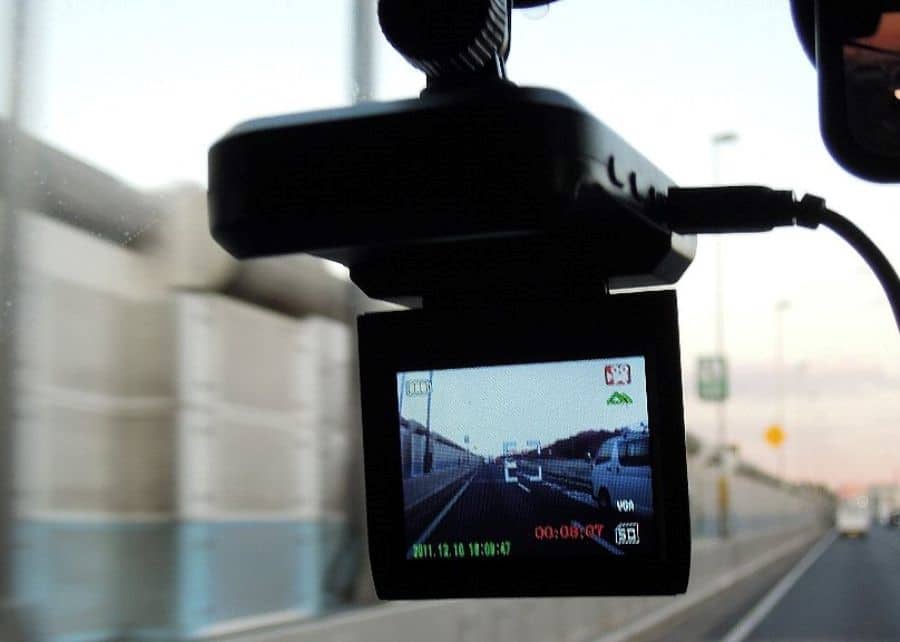
Impact of having a dash cam installed on insurance
Having a dash cam installed in your car can have several positive impacts on your insurance:
- Evidence in Accidents:
- Dash cams record real-time road footage while you drive, providing clear proof of who was at fault in a car accident.
- If you’re involved in an incident, dash cam footage can help prove that you were not liable, potentially preventing your premium rate from rising, according to Zinda Law Group.
- Faster Claims Settlement:
- Providing dash cam evidence can speed up the time it takes to settle your claim.
- According to Aviva, Insurers can quickly assess the situation based on video footage, expediting the claims process.
- Protection Against Fraud:
- Dash cams are useful in detecting fraudulent claims.
- For instance, they can expose false claims related to the number of passengers in the other vehicle or staged accidents (“cash for crash” incidents).
- Some dash cams even detect motion while your car is parked, recording any collisions or break-ins, says Money Super Market.
- Preserving No-Claims Discount:
- By proving your innocence in an accident, you can protect your no-claims discount.
- If you’re found at fault, having dash cam evidence may prevent you from losing this valuable discount.
- Premium Reduction:
- While there are no specific discounts solely for having a dash cam, some insurers may consider it when calculating premiums.
- A dash cam can help keep premiums low, especially if it records incidents outside your home (e.g., hit-and-run situations).
In summary: are dash cams worth it?
Overall, dash cams can be worth it for safety, peace of mind, and potential insurance benefits They are fantastic for providing evidence in accidents, showing clear proof of fault in accidents, as well as helping to settle claims faster, exposing fraudulent claims and staged accidents. Some insurers may consider dash cams when calculating premiums, but that’s something you can always find out before receiving a quote.



















